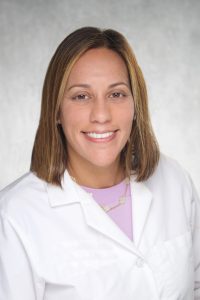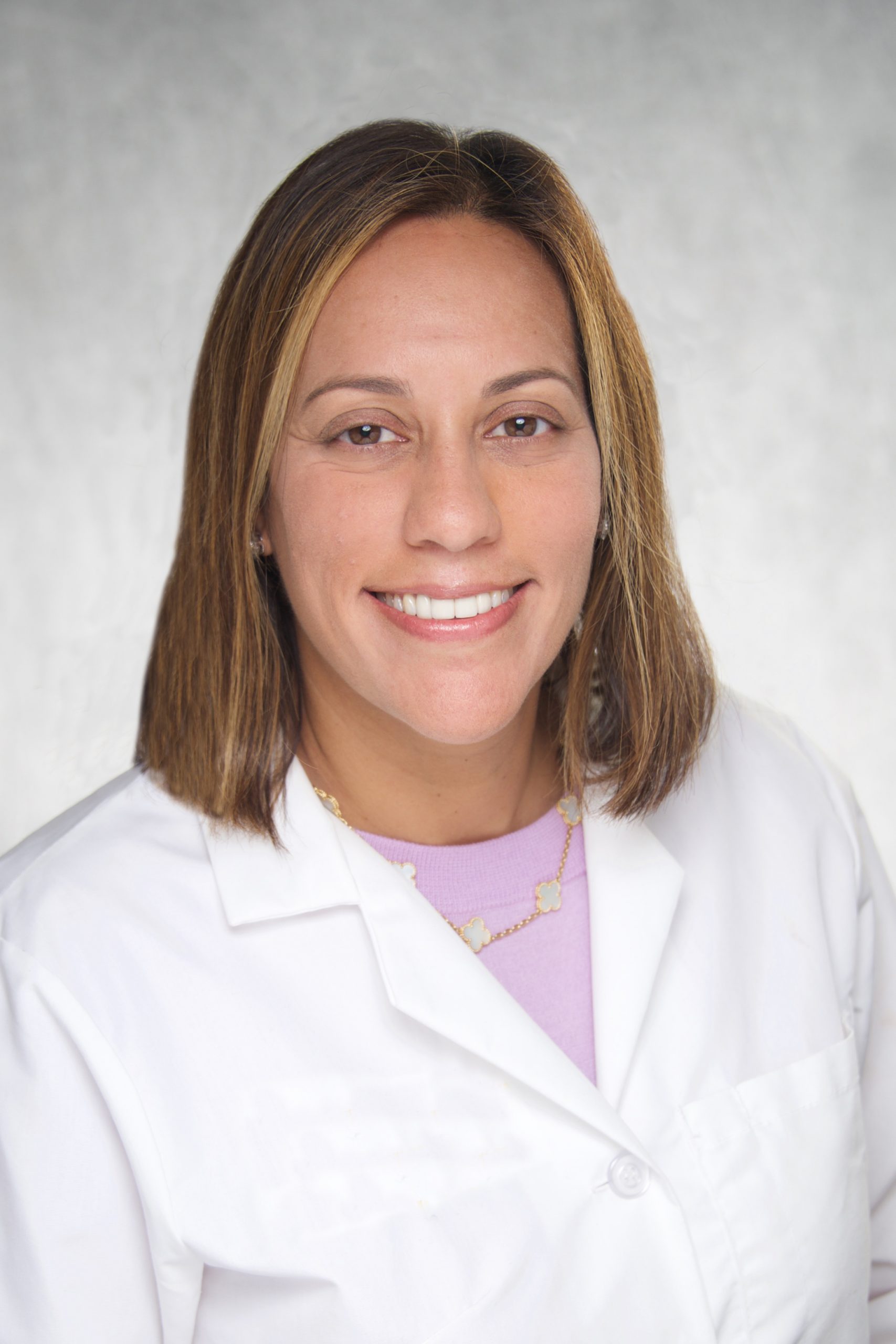Muneera R. Kapadia, MD, MME, joins UNC Surgery as an associate professor in the division of gastrointestinal surgery, and associate vice chair for education. She sat down to discuss what inspired her to become a surgeon, her work with medical education, and her experience in residency that continues to resonate with her and her relationships with residents.

Muneera R. Kapadia, MD, MME, joins UNC Surgery as an associate professor in the division of gastrointestinal surgery, and associate vice chair for education. She sat down to discuss what inspired her to become a surgeon, her work with medical education, and her experience in residency that continues to resonate with her and her relationships with residents.

Muneera R. Kapadia, MD, MME, joins UNC Surgery as an associate professor in the division of GI surgery, and associate vice chair for education. She sat down to discuss what inspired her to become a surgeon, her work with medical education, and her experience in residency that continues to resonate with her and her relationships with residents.
Dr. Kapadia received her undergraduate degree from MIT in 1998 and her medical degree from the University of Michigan in 2002. She then completed her general surgery residency training at Northwestern University during which time she also completed a 2-year postdoctoral research fellowship. At the conclusion of her colorectal surgery fellowship at the University of Minnesota she accepted a position at the University of Iowa. There, she served in several different leadership roles including Association Program Director of the general surgery residency and 2RC Medical Director and earned multiple education and research awards.
In 2014, Dr. Kapadia earned a master’s degree in Medical Education from the University of Iowa and since then has focused on communication skills development, surgeon-patient communication, and surgeon demonstration of empathy. In addition to conducting research centered on resident experiences with post-operative conversations, she participated in a workshop on patient-provider communication at the Royal College of Surgeons and served as a facilitator for multiple Provider Communication Workshops. She also developed a communication curriculum for residents—this work was funded by a Graduate Medical Education Innovation Award.
Dr. Kapadia has been a frequent speaker nationally and internationally on a wide range of topics, including “How to Mentor and Teach When You Are Getting Your Feet Wet in Practice” and “Patient-Centered Communication for Surgeons and Procedural Specialists: A Call to Action and Strategies for Success in Teaching Nontechnical Skills.” She currently sits on the editorial board for the Journal of Surgical Research and is an ad-hoc reviewer for multiple other national journals.
What inspired you to become a doctor?
When I went to MIT as an undergrad, I did not set out to become a doctor. Instead, I studied Chemical Engineering. While I loved studying engineering, halfway through college I knew that engineering was not my long-term career path. When I came to this realization, I started looking around for inspiration to what I wanted as a long-term career, and I found it in my family.
My mother is a doctor, as were my aunt and my great aunt. In fact, my great aunt was the first female doctor in our community in India. These women are role models for me and helped motivate me to pursue medicine.
What inspired you to become a surgeon?
The mentors and role models in medical school influenced my decision to pursue surgery. I respected them and wanted to be like them. I liked the satisfaction of working with patients and having an immediate effect on their condition.
How did you decide to pursue your current specialty? Has it met your expectations?
I love Colorectal Surgery, and I think it’s the best specialty in surgery. There was no other option for me. There are a variety of elements in this specialty that appealed to me. While I focus on inflammatory bowel disease and colorectal cancer, there are many aspects of colorectal surgery that I do.
What are your contributions to your specialty?
I enjoy communicating with patients, and I think it’s one of my most significant assets. I’ve spent a lot of time studying communication skills’ education to be a better doctor and educator. I think it’s where I can best contribute to my specialty.
What brought you to the Department of Surgery at UNC?
UNC is a great institution. I know many people in the institution, so I felt right at home. When I visited Chapel Hill, I thought it was a lot like Iowa City, a small college town with a big heart and community connection.
Why did you decide to pursue Academic Medicine?
I always knew I wanted to be in the Academic arena because I want to teach. I want to make an impact on the next generation of surgeons. I’ve been studying communications skills’ education, even going as far as getting my masters, because I want to be an excellent educator.
Can you give me an example of a time when you had to overcome an obstacle on your road to being a surgeon?
When I was in the second year of residency, I ran into a wall where I wondered if surgery was the right path for me. The chair of the department was incredibly supportive and helpful during this time. He started calling me once a week to see how I was doing. Once I jumped over that hurdle, I felt much more comfortable in my residency and on the career path to becoming a surgeon. I often reflect on that time in my life. It has helped me to relate to my residents because I understand the challenges they face and some of the doubt that can creep in at times.
If you give your younger self one piece of advice, what would it be?
Relax. I would tell my younger self to take a deep breath.
If you could pick the brain of someone alive or dead, who would it be?
I would love to sit and talk with Ruth Bader Ginsberg. She is a formidable woman who has faced adversity in her life, in her career, and she stands up and speaks her mind, speaks her ideas with such grace.
What is something surprising people may not know about you?
When I was in medical school, I was an avid runner. I would run 25 to 30 miles a week. I figured if the medical route didn’t work out, I was going to be a fitness trainer to the stars.
What do you do when you aren’t working?
When I am out of the hospital, I like to spend time with my husband and our children. We enjoy playing games and exploring.
How would you describe yourself in one word?
Persistent.
If you could have one superpower, what would it be?
I already have a superpower. I can get along with most people. I think it’s a superpower because life is about relationships, connecting with people.